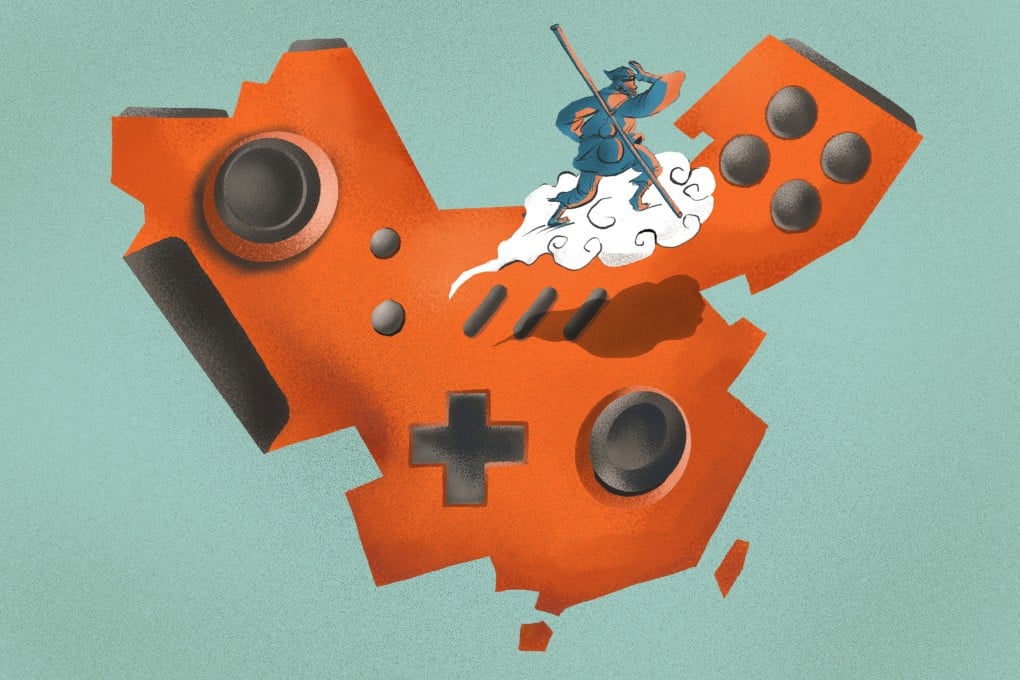Black Myth: Wukong is a good omen for some, but small Chinese game developers see obstacles
While China’s first AAA video game has bolstered industry confidence, Tencent backing and government favour are not accessible to everyone

Tucked away in the southwest corner of the eastern Chinese city of Hangzhou, security staff stand guard at a few nondescript four-storey villas to dissuade tourists from taking photos. The 24/7 security detail is tasked with an important mission: ensure the developers for the video gaming studio Game Science remain undisturbed.
“A lot of fans came here and asked me which is the Game Science building,” said Wang Dan, a merchant in the town. “Before last week, I had no idea the company was that popular.”

Last week changed everything. In less than four days of release, more than 10 million copies of Black Myth were sold, according to Game Science, and the number of concurrent players on the digital game store Steam surpassed other popular AAA titles such as Cyberpunk 2077 and Elden Ring to become the hottest single-player game in the world.
The response has been so enthusiastic that it has raised the hopes of China’s video gaming industry about the prospects of pulling off another big-budget blockbuster game that takes years to produce – the typical features of titles that get the unofficial AAA designation. But the excitement belies the numerous challenges that remain for the industry, including strict government censorship, a conservative culture and a propensity to find the quickest route to monetisation.
Game Science’s 42-year-old CEO Feng Ji, the other co-founder, never expected his company to cause such a stir when the game designer left Tencent with Yang a decade ago to start the studio. Two years after its founding, the entrepreneur laid the seeds for a fateful decision that would go against the grain of China’s video gaming market.
“We had discussed this for a long time,” Feng told Chinese video gaming news outlet Chuapp. “The other day I was looking through the business plan written when we raised funds in 2016, one-third of which we wanted for making single-player games.”
